The moon is a powerful force. Without it following our planet we would have a very different world. Lunar power drives our oceanic tides as well as the blood-tides that flow through our veins, as we are water-formed beings. It guides the monthly cycles of fertility with women, hence creating new life.
In any case, the moon sure makes for a pretty sight in the night sky, with the sun illuminating its surface so that the moon is bright and vibrant throughout most of the month. In a poetic sense, it’s as if the sun itself was like a lover to the moon, giving her an afterglow when they meet face to face. Her blush is what shines down upon us when she meets with the one who gives her light.
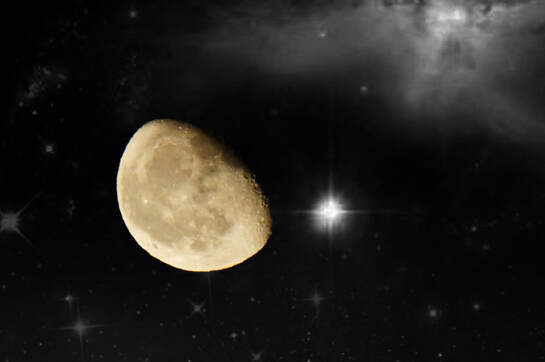
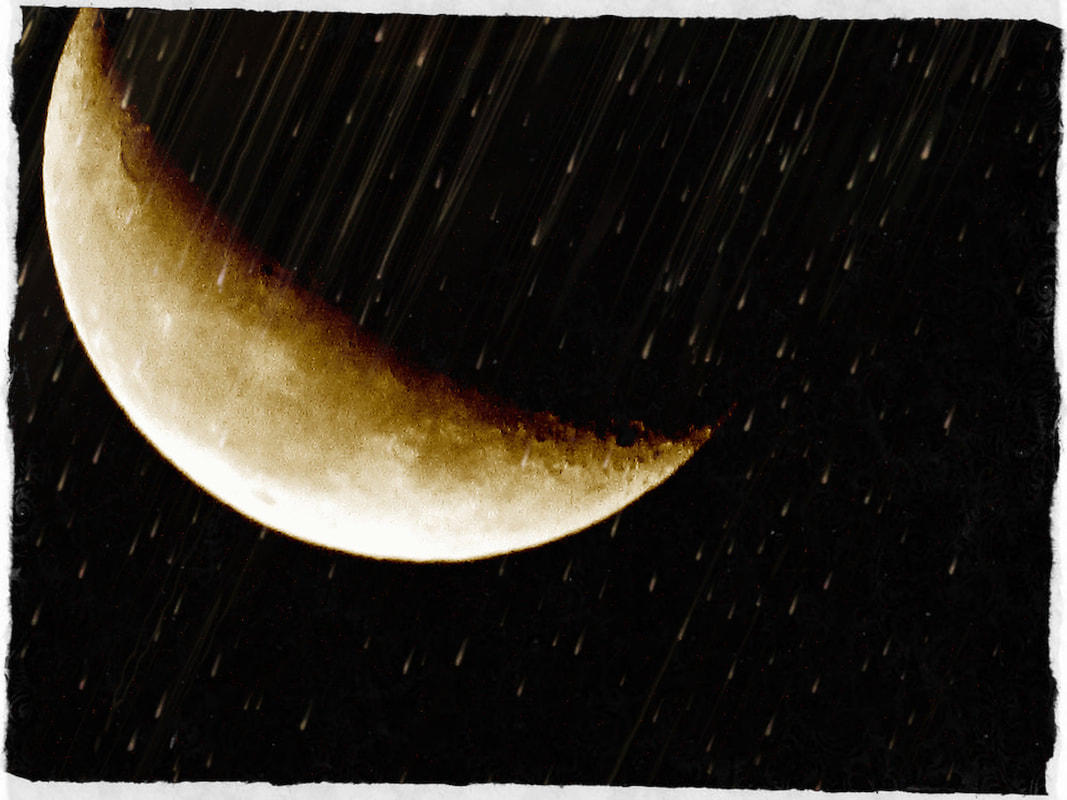
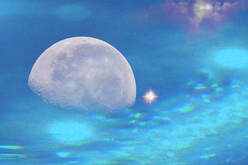
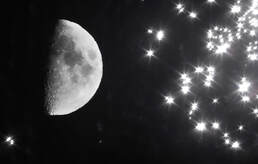
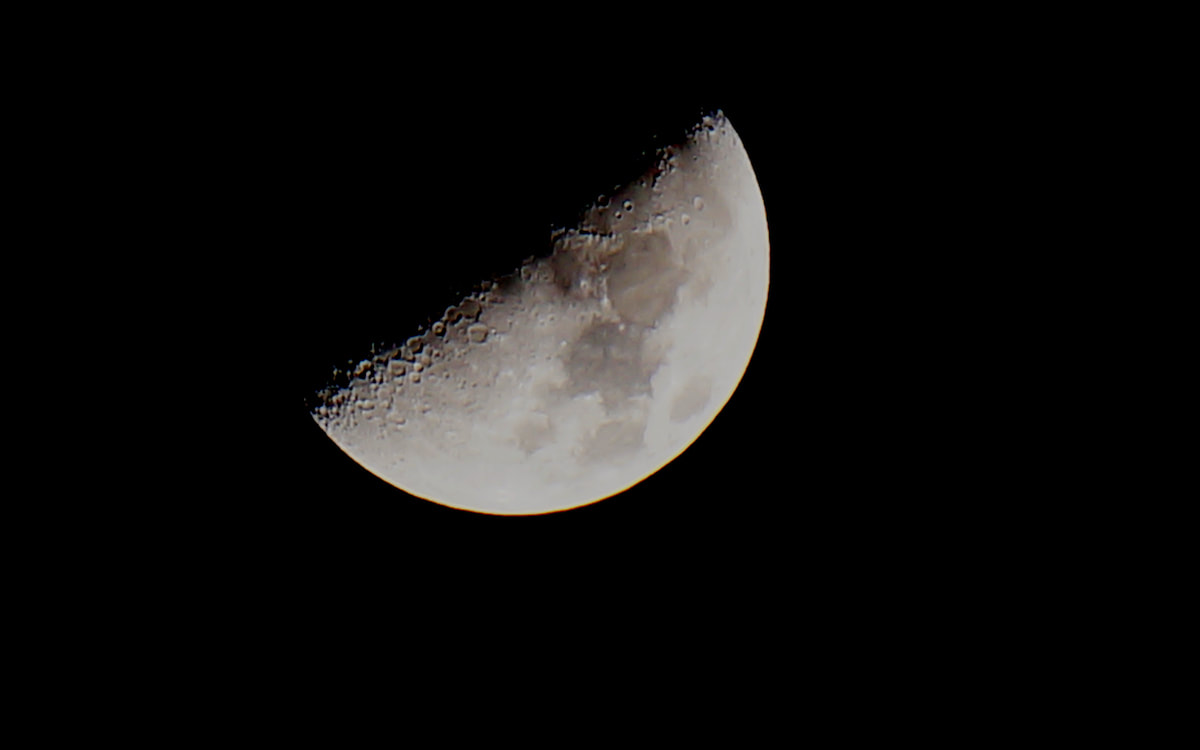
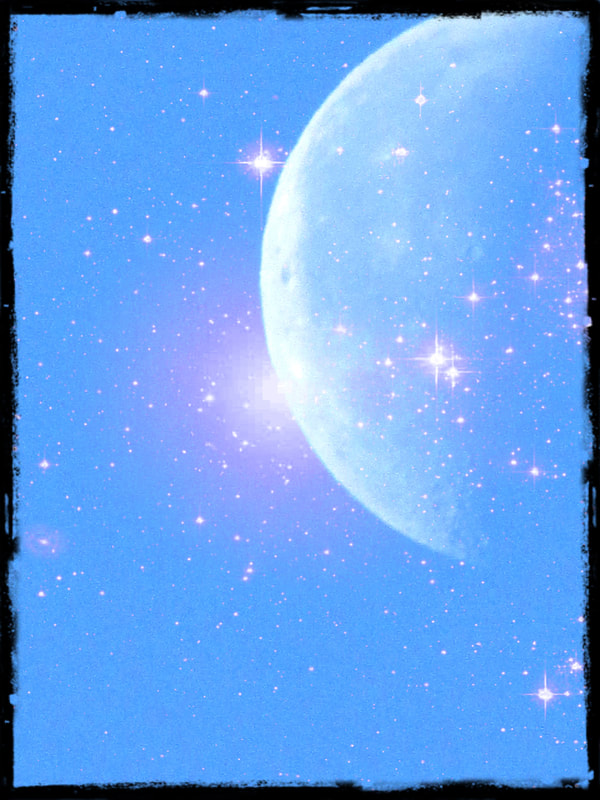
 RSS Feed
RSS Feed
